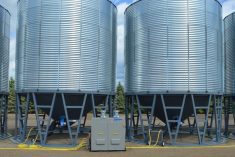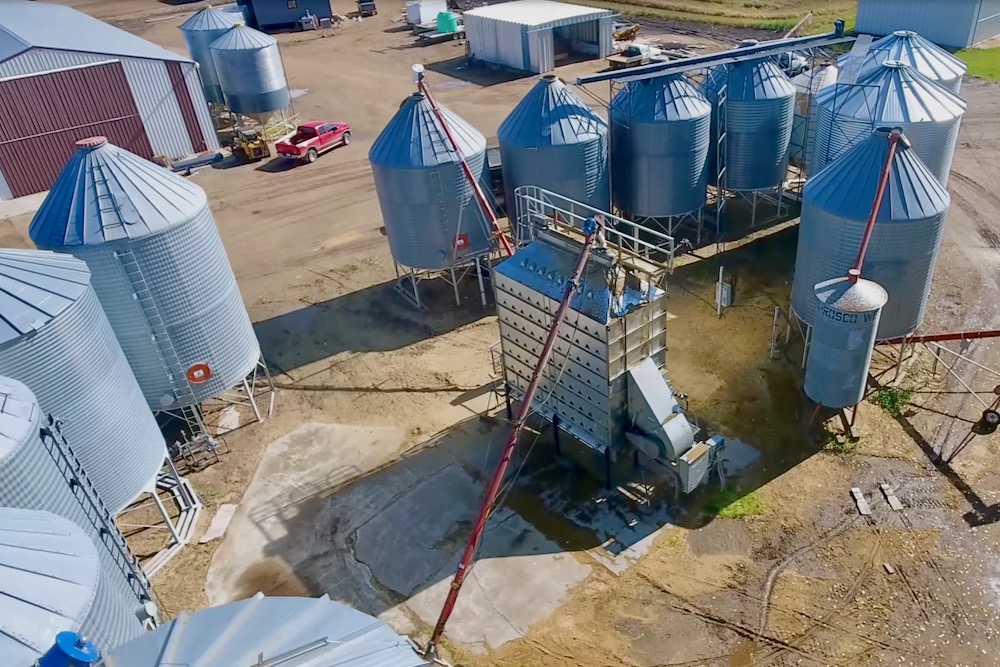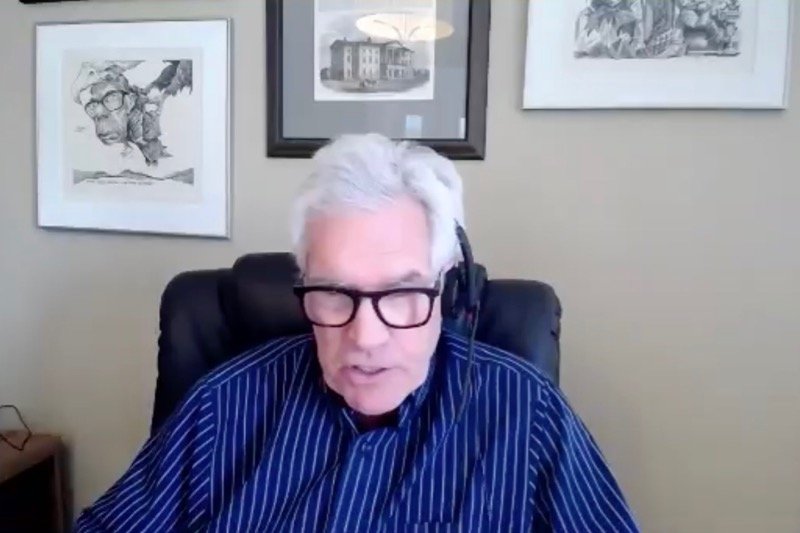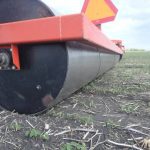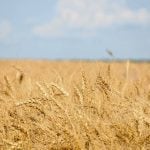Prairie farm groups are pushing the Senate to prioritize a bill that would exempt propane and natural gas for grain drying and barn heating from carbon tax.
In a joint statement June 13, Keystone Agricultural Producers, the Alberta Federation of Agriculture and the Agricultural Producers Association of Saskatchewan urged the Senate to pass Bill C-234 before the end of June, when it breaks for the summer.
Why it matters: June 30 is the last possible sitting day for the Senate, after which no business will clear the chamber until at least Sept. 18, when farmers are already looking at harvest.
Read Also
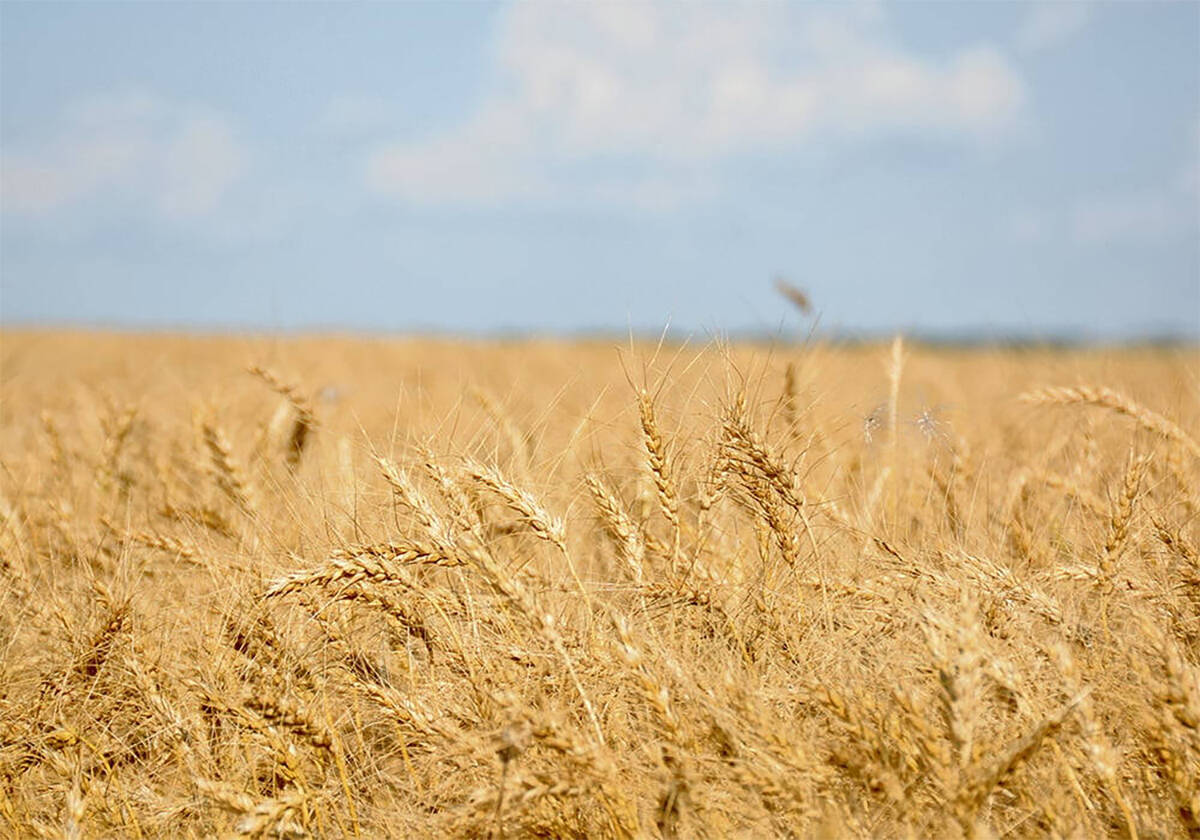
Prairie Wheat Weekly: Western Canadian bids move upward
Western Canadian wheat bids as of March 3, 2026 were higher than the previous week, supported by rising U.S. wheat prices and good export demand for Canadian wheat.
Both KAP president Jill Verwey and AFA president Lynn Jacobson said the end goal is to have the bill given royal assent by the time farmers want to start drying grain this fall.
“We have strong support from a number of senators,” Verwey said. “We’ve been in contact, certainly. Our MPs that are in Ottawa are certainly having a lot of those conversations with individuals so that they understand the importance and the urgency of getting this passed.”
Verwey said the exemption is critical for farmers.
“Individuals [in the Senate] realize that farmers don’t have a choice and it is a fuel that is used to produce,” she said. “It’s also important even for the welfare of the animals. We’re north of the 49th parallel. We have to use fuel for heating of these barns… In a lot of cases, drying of grain is a normal practice for a number of farming operations.”
The bill passed its second reading in the Senate the same day that farm groups released their statement; it was sent to the standing Senate committee on agriculture and forestry, and for examination by the standing Senate committee on national finance.
It was initially introduced to the Senate on March 30, after spending just under two months in the House of Commons. A total 176 of 322 MPs voted in favour of the bill on its third reading March 29 in the lower house.
The bill must still clear the committee/report stage, as well as a third reading in the Senate, before being put forward for royal assent.
Both Verwey and Jacobson said they were “cautiously optimistic” that the bill will clear the Senate before the summer break. After the end of June, the Senate will not reconvene until September.
“I think they realize that it needs to be done,” Jacobson said, though he worries some other issue may divert the Senate’s attention in the meantime.
“That’s been one of the things in the past. Something else has come up to interfere with whatever you’re trying to do.”
Several senators, including Senator David Wells, who sponsored the bill in the upper house, pointed to the legislation’s multi-party support in the House of Commons.
“This bill is not about whether you like the carbon tax,” Wells said. “Although Conservatives are opposed to the carbon tax in principle, the NDP, Bloc Québécois and the Green Party fully support it. Yet all these parties voted in favour of this bill, along with a number of Liberal members including the chair of the House standing committee on agriculture and agri-food.”
Senators who spoke positively on the bill also acknowledged the lack of alternative fuel sources for grain drying and barn heating.
The exemption for propane and natural gas was characterized as a transition measure, allowing time for newer, green fuel sources to become feasible. The bill includes a sunset clause of eight years for this reason, Wells said. A review would then let the government decide if the exemption should be extended.
Some senators questioned the length of the sunset clause and asked whether having an exemption would be a disincentive for adopting new, greener technologies.
“One of the strategies around carbon pricing is to try to incentivize people to make other choices. It is clear that is a real challenge for farmers in this context, but removing this from the carbon pricing regime does kind of disincentivize that direction,” Saskatchewan-based Senator Brent Cotter said May 9.
“I haven’t really thought about the eight-year clause too much,” Jacobson said. “I guess my focus has just been to get it passed for now. Things are going to change in eight years,” particularly in terms of energy use and cost.
“Just working off past experience with agriculture, we’re always moving forward and looking for better alternatives,” he added.
“Adoption of technology that’s available and processes that are available, people are willing to move in that direction and try different things, as long they’re economical and they can see that there’s an economic benefit as you go forward.”
Verwey urged farmers to contact senators to reiterate the farm groups’ message.
— Alexis Stockford is associate editor of the Manitoba Co-operator.





